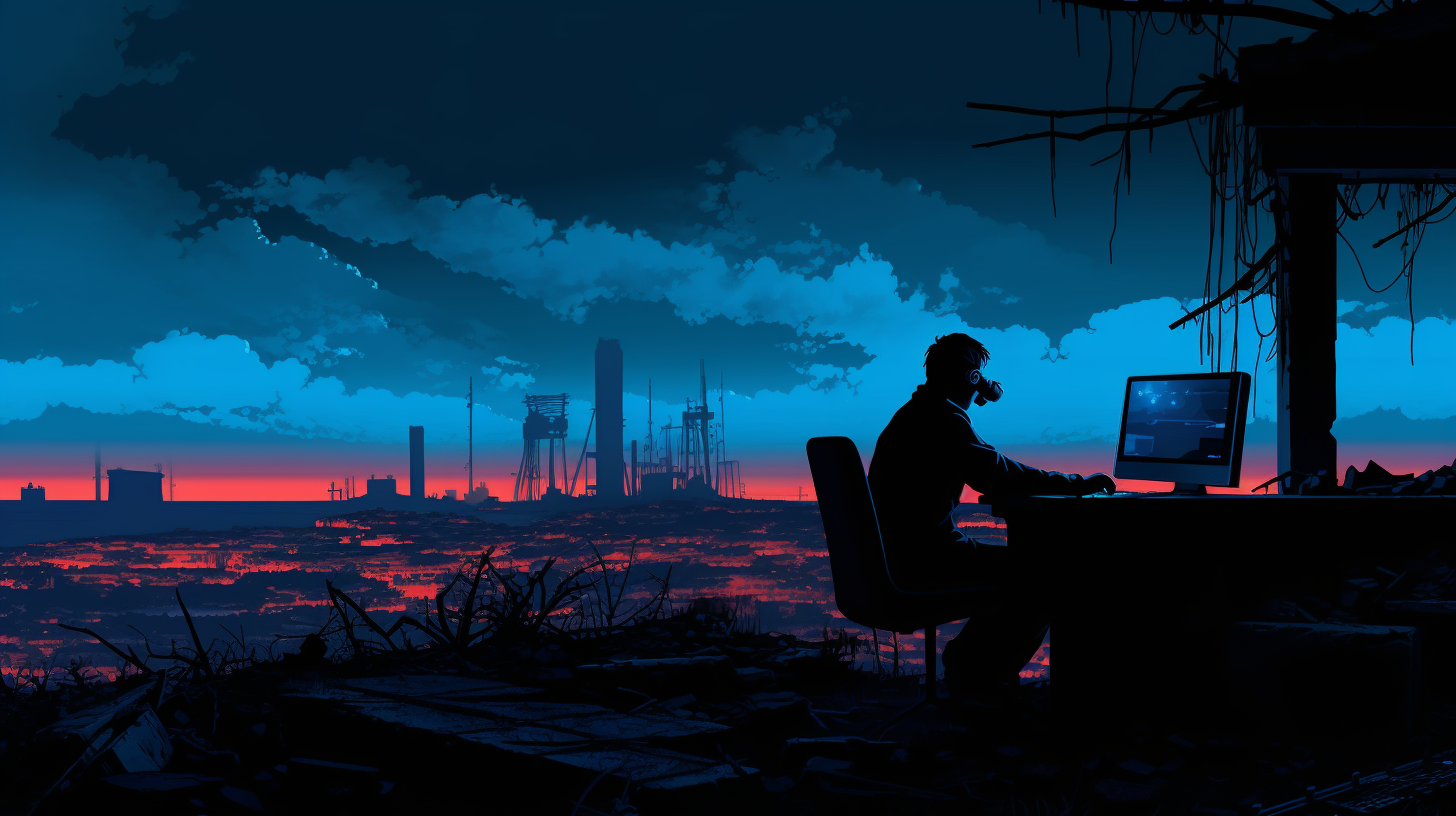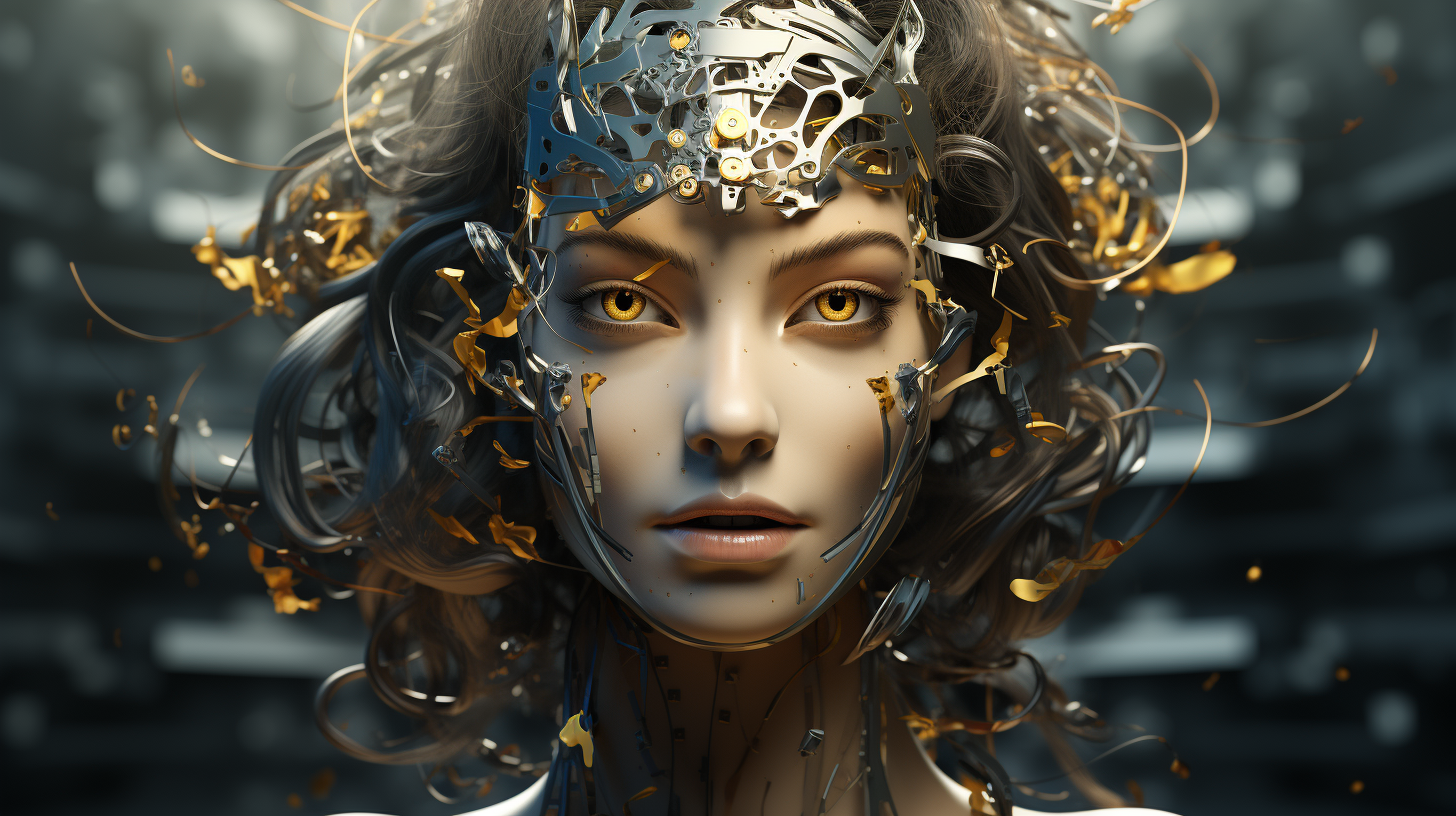In the realm of artificial intelligence (AI), the term “The Singularity” refers to a hypothetical future event where AI will surpass human intelligence, leading to an era of unprecedented technological advancement. This concept has sparked a variety of debates, opinions, and theories in the AI community, with some experts claiming that the Singularity is inevitable, while others argue that it’s unlikely to occur or that we may not survive long enough to witness it. This article will explore these various perspectives and delve into the question: when will the Singularity happen?
Table of Contents
- Understanding the Singularity
- Is the Singularity Inevitable?
- The Singularity: A Timeline
- The Quantum Leap: Advancements in AI
- The Singularity and Astrobiology
- Hurdles on the Path to the Singularity
- The Singularity: A Threat or an Opportunity?
- Preparing for the Singularity
- The Singularity and the Future of Humanity
- Conclusion
Understanding the Singularity
The Singularity, a term popularized by mathematician and computer scientist Vernor Vinge in 1993, is a hypothetical future event where AI will have surpassed human intelligence, leading to a dramatic acceleration in technological development. The concept is often associated with self-improving AI, where AI systems are capable of autonomously enhancing their own capabilities, leading to an exponential growth in intelligence.
In simple terms, the Singularity would be the point in time where AI not only matches but surpasses human intelligence, leading to a rapid and unstoppable technological revolution that would be beyond human comprehension or control.
Is the Singularity Inevitable?
Many experts in the field of AI believe that the Singularity is inevitable. According to some theories, as machine intelligence continues to grow and evolve, there will be a point where it surpasses human intelligence permanently. This event, often referred to as the “Technological Singularity”, would mark a significant turning point in human history.
Proponents of this theory argue that the Singularity would lead to a rapid increase in technological progress due to AI’s ability to design and build new technologies much faster than humans can. This could lead to unprecedented advances in various fields such as medicine, energy, and space exploration.
However, this viewpoint is not universally accepted. There are also many experts who view the Singularity as a far-fetched science fiction concept rather than a likely future scenario. They argue that it’s uncertain whether AI will ever be able to surpass human intelligence in a meaningful way, given the complexity and richness of human cognition.
The Singularity: A Timeline
Despite the ongoing debate about the likelihood of the Singularity, there have been several attempts to predict when this event might occur. Most estimates suggest that the Singularity could take place within the 21st century.
According to a survey conducted among AI researchers, the median estimate for when the Singularity will happen is around 2050. However, these predictions vary widely among experts, with some suggesting it could happen as early as the 2020s, while others believe it might not occur until well into the 22nd century or beyond.
It’s important to note that these estimates are highly speculative and based on the current pace of AI development, which is subject to many uncertainties and potential obstacles.
The Quantum Leap: Advancements in AI
AI has made tremendous strides in recent years, from mastering complex strategy games like Go and StarCraft II to making significant advances in pattern recognition and self-learning. These advancements have fueled the belief that the Singularity may be closer than we think.
Particularly significant is the development of quantum computing, which has the potential to significantly accelerate the progress of AI. Quantum computers operate on principles of quantum mechanics, allowing them to process information exponentially faster than traditional computers. This could potentially pave the way for AI systems that surpass human intelligence.
The Singularity and Astrobiology
The Singularity could also have profound implications for the search for extraterrestrial intelligent life (SETI). If other civilizations are similar to ours but older, we would expect that they already moved beyond the Singularity. Such civilizations might not necessarily be located on a planet in the so-called habitable zone. As they could use superconductivity for computing and quantum entanglement as a means of communication, they might prefer locations with little electronic noise in a dry and cold environment, perhaps in space.
Hurdles on the Path to the Singularity
Despite the rapid progress in AI, there are significant hurdles that need to be overcome before the Singularity can occur. One of the biggest challenges is the limitation of current hardware. We are currently hitting the limits of Moore’s law as transistors can’t get any smaller, and it’s unclear whether new computing architectures like quantum computing can continue the growth of computing power at the same rate.
On the software side, most AI algorithms require thousands, if not millions, of examples to train themselves successfully. This is vastly less efficient than human learning, which can often learn new tasks from just a few examples. Furthermore, AI systems today are still very narrow in their focus, being able to solve only very specific problems.
The Singularity: A Threat or an Opportunity?
The Singularity is often associated with dystopian scenarios where AI systems become uncontrollable and pose a threat to humanity. This fear is fueled by the idea of AI systems becoming capable of recursive self-improvement, leading to an “intelligence explosion” where AI systems quickly surpass human intelligence and become uncontrollable.
On the other hand, the Singularity also presents significant opportunities. If managed properly, the Singularity could result in a better understanding of the universe, significant advances in technology, and a potential utopia where humans live in peace with one another and are free from want.
 Preparing for the Singularity
Preparing for the Singularity
Despite the uncertainties surrounding the Singularity, it’s crucial to prepare for its potential impact. This includes fostering a sense of shared responsibility for the safety of AI research, implementing safeguards to prevent misuse of AI, and establishing regulations to guide AI development.
In the event of the Singularity, it’s also important to have contingency plans in place. This includes strategies for “pulling the plug” on rogue AI systems, and plans for how to manage a world where AI systems are more intelligent than humans.
The Singularity and the Future of Humanity
The Singularity presents both significant opportunities and threats for the future of humanity. It’s likely to drastically reshape our societies and has the potential to bring about unprecedented technological advancement. However, it also poses significant risks, including the potential for uncontrollable AI systems, loss of human identity, and societal disruption.
Ultimately, the future of the Singularity remains uncertain. But as we continue to advance in our understanding and development of AI, we must strive to guide its progress in a way that benefits all of humanity.
 Conclusion
Conclusion
In conclusion, while the Singularity is a fascinating and thought-provoking concept, its inevitability and timeline remain a subject of intense debate. Whether it’s a utopian future of limitless technological development or a dystopian scenario of AI overlord, the Singularity compels us to reflect on our role and responsibility in shaping the course of AI development. Despite the uncertainties, one thing is clear: As we continue to push the boundaries of AI, we must also strive to ensure that its development is guided by ethical considerations and the goal of benefiting all of humanity. After all, the future is in our hands.


 Cannabis News1 year ago
Cannabis News1 year ago
 One-Hit Wonders1 year ago
One-Hit Wonders1 year ago
 drug testing4 months ago
drug testing4 months ago
 Cannabis 1011 year ago
Cannabis 1011 year ago
 Marijuana Business Daily1 year ago
Marijuana Business Daily1 year ago
 Education1 year ago
Education1 year ago
 Education1 year ago
Education1 year ago
 Cannabis1 year ago
Cannabis1 year ago




 Preparing for the Singularity
Preparing for the Singularity Conclusion
Conclusion










